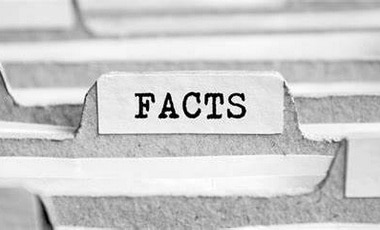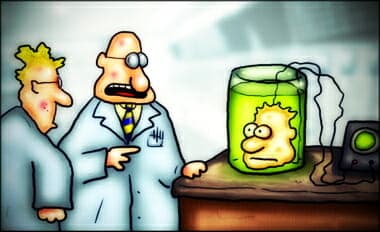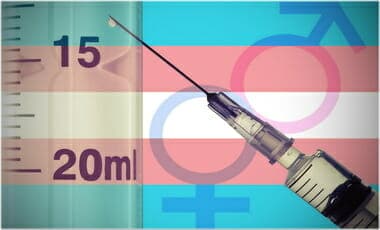When I was 19, I had surgery for sex reassignment, or what is now called gender affirmation surgery. The callow young man who was obsessed with transitioning to womanhood could not have imagined reaching middle age. But now I’m closer to 50, keeping a watchful eye on my 401(k), and dieting and exercising in the hope that I’ll have a healthy retirement.
In terms of my priorities and interests today, that younger incarnation of myself might as well have been a different person — yet that was the person who committed me to a lifetime set apart from my peers.
There is much debate today about transgender treatment, especially for young people. Others might feel differently about their choices, but I know now that I wasn’t old enough to make that decision. Given the strong cultural forces today casting a benign light on these matters, I thought it might be helpful for young people, and their parents, to hear what I wish I had known.
I once believed that I would be more successful finding love as a woman than as a man, but in truth, few straight men are interested in having a physical relationship with a person who was born the same sex as them. In high school, when I experienced crushes on my male classmates, I believed that the only way those feelings could be requited was if I altered my body.
It turned out that several of those crushes were also gay. If I had confessed my interest, what might have developed? Alas, the rampant homophobia in my school during the AIDS crisis smothered any such notions. Today, I have resigned myself to never finding a partner. That’s tough to admit, but it’s the healthiest thing I can do.
As a teenager, I was repelled by the thought of having biological children, but in my vision of the adult future, I imagined marrying a man and adopting a child. It was easy to sacrifice my ability to reproduce in pursuit of fulfilling my dream. Years later, I was surprised by the pangs I felt as my friends and younger sister started families of their own.
The sacrifices I made seemed irrelevant to the teenager I was: someone with gender dysphoria, yes, but also anxiety and depression. The most severe cause of dread came from my own body. I was not prepared for puberty, nor for the strong sexual drive typical for my age and sex.
Surgery unshackled me from my body’s urges, but the destruction of my gonads introduced a different type of bondage. From the day of my surgery, I became a medical patient and will remain one for the rest of my life. I must choose between the risks of taking exogenous estrogen, which include venous thromboembolism and stroke, or the risks of taking nothing, which includes degeneration of bone health. In either case, my risk of dementia is higher, a side effect of eschewing testosterone.
What was I seeking for my sacrifice? A feeling of wholeness and perfection. I was still a virgin when I went in for surgery. I mistakenly believed that this made my choice more serious and authentic. I chose an irreversible change before I’d even begun to understand my sexuality. The surgeon deemed my operation a good outcome, but intercourse never became pleasurable. When I tell friends, they’re saddened by the loss, but it’s abstract to me — I cannot grieve the absence of a thing I’ve never had.
Where were my parents in all this? They were aware of what I was doing, but by that point, I had pushed them out of my life. I didn’t need parents questioning me or establishing realistic expectations — especially when I found all I needed online. In the early 1990s, something called Internet Relay Chat, a rudimentary online forum, allowed me to meet like-minded strangers who offered an inexhaustible source of validation and acceptance.
I shudder to think of how distorting today’s social media is for confused teenagers. I’m also alarmed by how readily authority figures facilitate transition. I had to persuade two therapists, an endocrinologist and a surgeon to give me what I wanted. None of them were under crushing professional pressure, as they now would be, to “affirm” my choice.
I may well have transitioned even after waiting a few years. If I hadn’t transitioned, I likely would have suffered from the world in other ways. In other words, I’m still working out how much regret to feel, but I’m comfortable with the ambiguity.
What advice would I pass on to young people seeking transition? Learning to fit in your body is a common struggle. Fad diets, body-shaping clothing and cosmetic surgery are all signs that countless millions of people at some point have a hard time accepting their own reflection. The prospect of sex can be intimidating. But sex is essential in healthy relationships. Give it a chance before permanently altering your body.
Most of all, slow down. You may yet decide to make the change. But if you explore the world by inhabiting your body as it is, perhaps you’ll find that you love it more than you thought possible.





